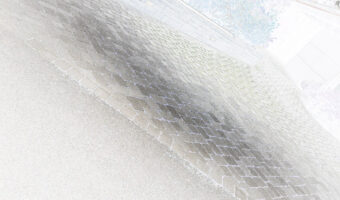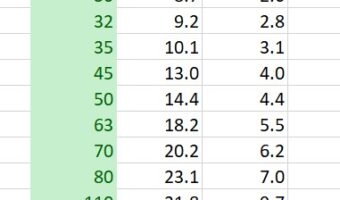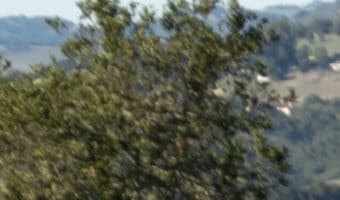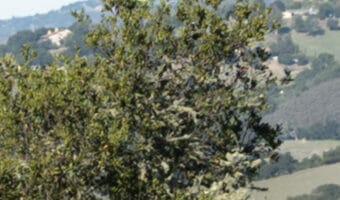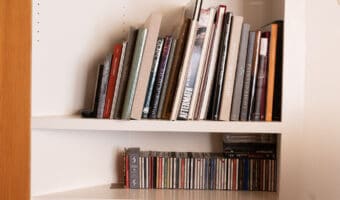In a previous post, I tested the field curvature of the Fuji 35-70 GF using Roger Cicala’s quick and dirty method. A reader said he was having difficulty with what appeared to be field curvature in the corners. That gave me an idea for a modifications of Roger’s test. I rolled the camera so that… [Read More]
MTF50 and microcontrast of Fuji 35-70 GF
I finally got around to doing some quantitative tests on the Fuji 35-70 GF. This is the first of several posts with the results of those tests. Here’s the test protocol: RRS carbon fiber legs C1 head 35, 45, and 70 mm focal length Target distance as per the table below ISO 100 Electronic shutter… [Read More]
GF 35-70 and 32-64, foliage, corner
In the previous post, I compared the Fuji 35-70 GF against the 32-64 GF using foliage as the subject. I looked at the center of the images there; now I’ll look at the corner performance. I set up the GFX 100S as follows: RRS 4-series Versa legs Arca-Swiss C1 2-second self timer ES ISO… [Read More]
GF 35-70 and 32-64, foliage, on axis
I set up on one of my usual foliage test scenes, shown here with the 35-70 at 35 mm wide open. I set up the GFX 100S as follows: RRS 4-series Versa legs Arca-Swiss C1 2-second self timer ES ISO 100 AF-S for three shots, picking the best sharpness in post; this calibrates… [Read More]
Pulling high-ISO GFX 50x images in LrC
I have long recommended not using the GFX 50x ISO settings above ISO 1600 unless necessary to get adequate finder and preview image brightness. Yesterday, I reported on pushing files exposed at ISO 1600 by three stops in Lightroom Classic (LrC) and compared the results to files exposed at ISO 12800. There were white balance… [Read More]
- « Previous Page
- 1
- …
- 59
- 60
- 61
- 62
- 63
- …
- 577
- Next Page »
